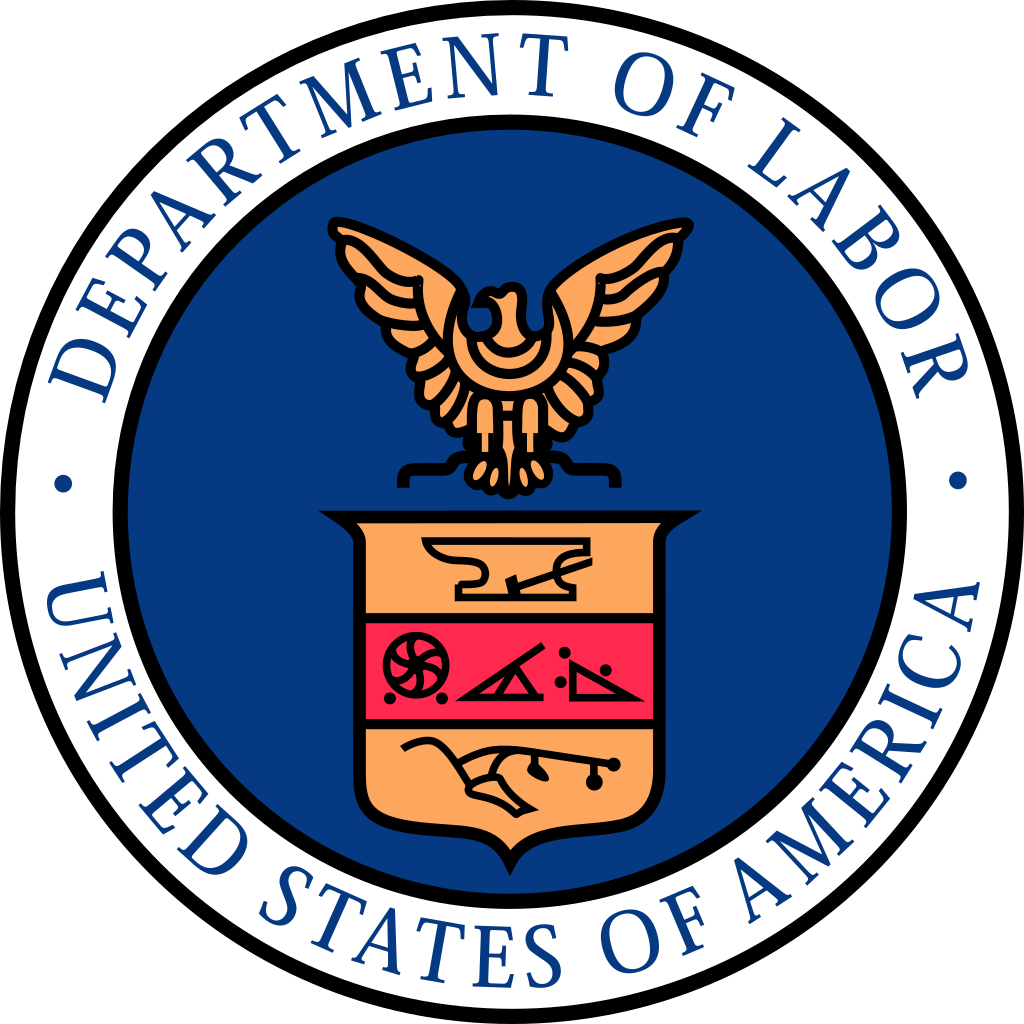Here we go again…
Department of Labor proposes new federal overtime exemption standard, and what California employers need to remember
Contributors

Jennifer Woo Burns

As we previously reported, over the past several years, the Department of Labor (DOL) has been attempting to update its minimum salary requirements for the federal white collar overtime exemptions. Back in June 2015, the Department of Labor under the Obama administration proposed new standards that were scheduled to take effect on December 1, 2016. But in November of 2016, as a result of numerous legal challenges to the new rule, a court issued a nationwide preliminary injunction blocking it, and in September 2017, a federal judge struck it down entirely. In July 2017, the new administration directed the DOL to institute additional fact-finding for updated salary rules, and on March 7, 2019, the DOL announced the new proposed rules. Once the proposed rules are published in the Federal Register (RIN 1235-AA20), the public will have 60 days to submit comments. Thereafter, the DOL will announce its final rules, which may or may not have modifications from the proposed rules.
These proposed rules would increase the minimum salary threshold for the executive, administrative and professional employees from $23,660 to $35,308 per year. This higher standard could result in more than a million additional workers becoming newly eligible for overtime pay based on their current level of pay. The proposal also increases the annual compensation for “highly compensated employees” from $100,000 to $147,414 per year, which would include non-discretionary bonuses and incentive payments (including commissions) that are paid annually or more frequently to satisfy up to 10 percent of the standard salary level. There have been no changes proposed to the duties test part of the exemption analysis or subsequent increases.
How would these new rules affect California employers?
Most California employers are subject to federal wage laws under the Fair Labor Standards Act including these proposed DOL rules, however, California wage laws are usually more stringent than their federal counterparts, and California employers are required to comply with the law that is more beneficial to employees. California’s current minimum annual salary threshold for the white collar exemptions is $49,920 per year for employers with 26 or more employees and $45,760 for employers with 25 or fewer employees. So, as long as employers meet the California minimum salary level, they will be in compliance with the federal standard. Note that California also has a more stringent duties test from federal law that must also be met for a white collar exemption to apply.
Therefore, although it is important for employers to be aware of and comply with changes in federal law, California employers should never assume that compliance with just federal law is the end of the analysis. In fact, in the vast majority of cases, California law sets a higher standard for compliance. Accordingly, employers will want to consult with wage/hour counsel for assistance in navigating these complex requirements.
